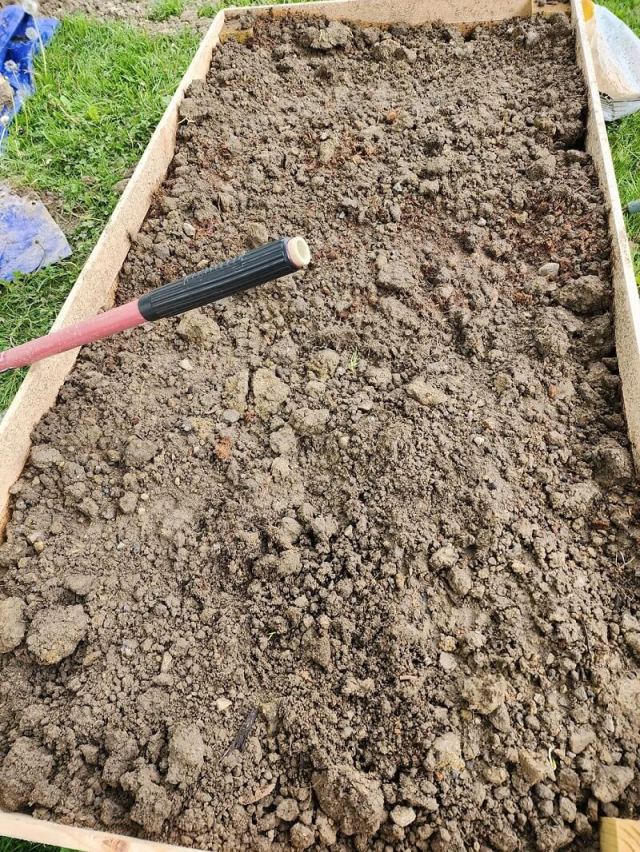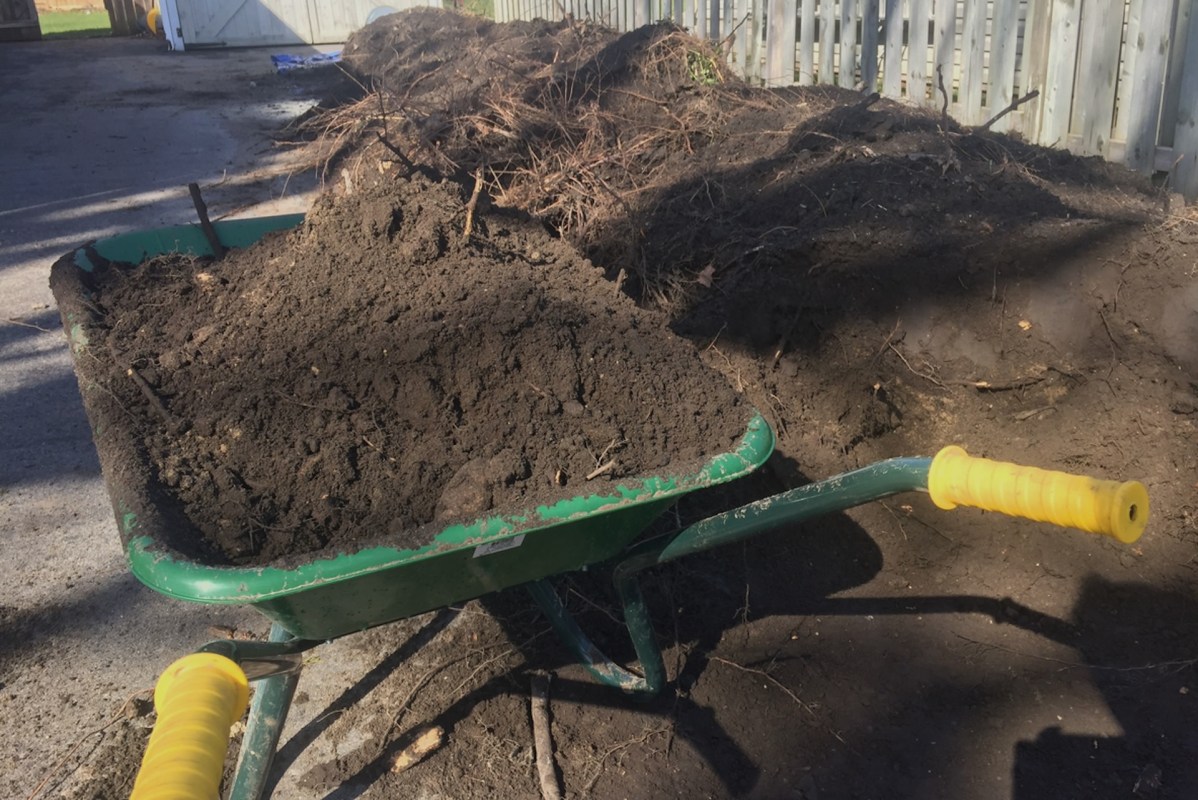A Redditor who worried about the state of their garden soil was inundated with advice.
In the r/vegetablegardening subreddit, the poster acknowledged they were "embarrassed to admit this," writing: "I ordered some local 'topsoil' and had it delivered for my raised beds. I saw it was pretty clay-y, but figured I could amend it. I added peat moss and manure/humus to it, wet it down. And today it's just solid. The clay is so thick that I don't even want to use it. Is there any way to fix this?? Will tilling it help?"

Though the poster's remedy went awry, they need not have been embarrassed. Unless soil is contaminated with toxins, it's usually salvageable. And there are many ways to go about getting it in the state you need, from quick fixes to yearslong projects.
"I mean there are plants that prefer more clay in their soil... but to amend very clay like soil you can use compost to break it down, gypsum or liquid clay breaker," one commenter wrote. "All will take some work and time though."
Another — in the third year of a makeover — said their labor was "finally paying off": "I amended my beds with chicken manure, perlite, vermiculite, and a steady stream of compost. I also dumped every worm I found when planting trees/flowers into the raised beds. Good luck!"
Someone else stated that ash from a fire pit had righted their much smaller garden.
So, there's no such thing as a stupid question when it comes to gardening. The benefits are so numerous that every detail is worth getting right. And since getting started can be a tough row to hoe, it's worth tapping others' knowledge if you're unsure of next steps. Here's a primer on soil types — not something you want to skimp on.
Growing your own food helps you save money on groceries, keeps unknown pesticides from tainting your food, and reduces the planet-warming gases and other pollution that are byproducts of mass-produced and globally shipped produce.
The poster's conundrum ended quickly, and they thanked everyone in a comment: "Update: added more compost peat and perlite and tilled it well to break up the big chunks. It looks good now, a lot better than yesterday! I'll do a light watering and then plant my first round of plants. Thanks all!!"
Join our free newsletter for easy tips to save more, waste less, and help yourself while helping the planet.









